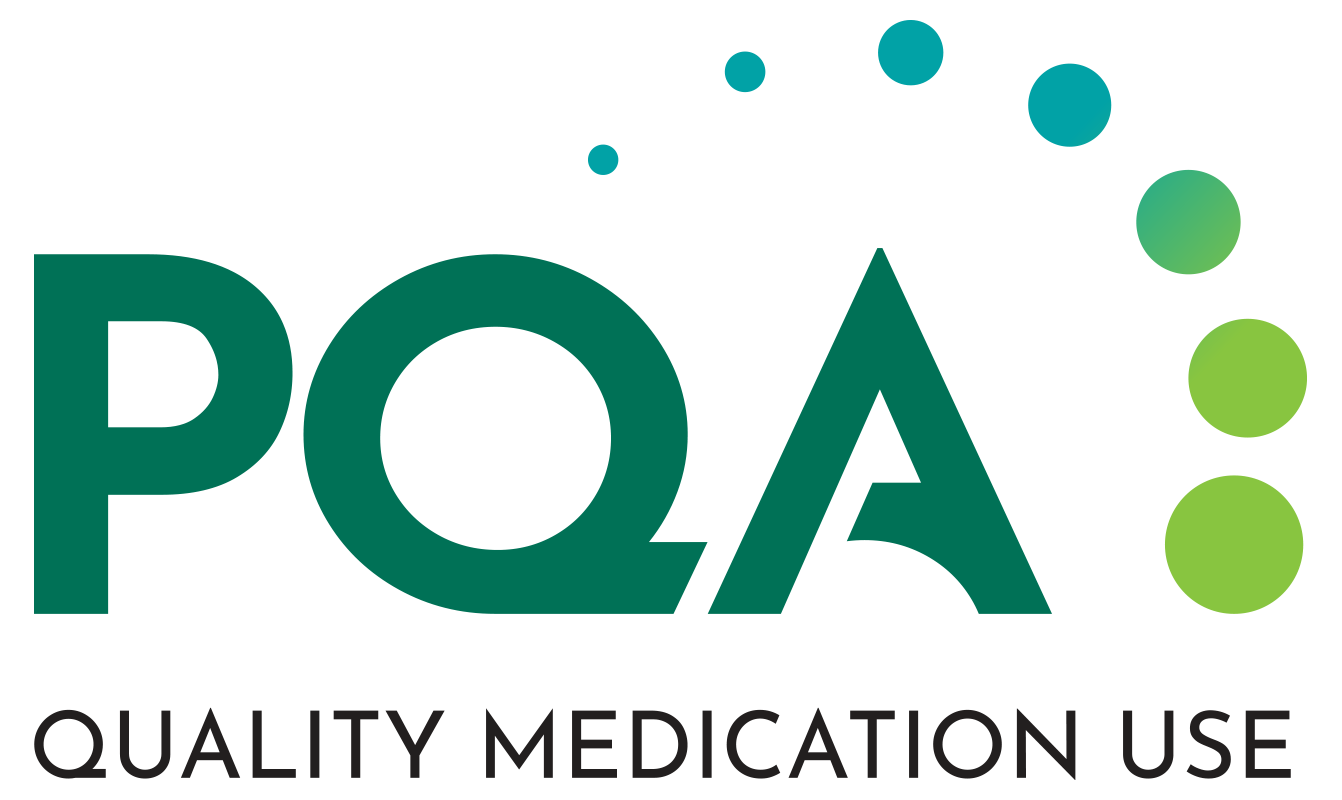
High-Impact Measurement for Chronic Conditions Helps Avoid Excess Care Costs

Adherence measures developed by the Pharmacy Quality Alliance (PQA) are an important part of the Medicare Part D Star Ratings program. PQA has launched a Health Equity Technical Expert Panel to provide input on specific approaches to ensuring PQA’s measures support equitable health care.
Adherence to medications for cholesterol, hypertension and diabetes helped Medicare beneficiaries avoid up to $29.2 billion dollars in health care costs over a six-year period from 2016-21. That’s the conclusion of the 2024 National Impact Assessment of CMS Quality Measures Report, published earlier this year.
This finding from the CMS report is a testament to the value of high-impact measures for chronic conditions. Evidence-based measures for management of chronic conditions promote efforts to reduce complications and mortality. Developed and stewarded by Pharmacy Quality Alliance (PQA), the measures associated with these costs avoided are health plan measures that evaluate the degree to which health plans ensure their patients have prescribed medications on hand. These measures are an important part of the Medicare Part D Star Ratings program.
Patients can’t take their medications if they don’t have them available, and health plans have a responsibility to ensure their patients have access to needed medications. As demonstrated by the decrease in fatal cardiac events, hospitalizations and readmissions associated with these conditions, improvements in adherence measure performance translates into real results for patients.
The CMS report also documents the positive impact of adherence to these medications for individuals enrolled in a health plan through the health insurance marketplaces, with up to $1.46 billion in costs avoided. The positive trends noted in the report are similar to those in the 2021 impact assessment report, which estimated up to $46.6 billion in healthcare costs avoided for Medicare beneficiaries between 2013-18 for these same chronic conditions.
Thanks to the persistent and intentional efforts of health plans, pharmacies, pharmacists, other providers and clinicians, and patient engagement specialists, adherence rates have risen considerably over the years. Through innovative and evidence-based strategies, Medicare beneficiaries have the support needed to have and take their medications as prescribed. This includes patient-focused interventions to optimize medication therapies, medication management services, patient and caregiver education, individually tailored approaches to medication access and novel software and technology solutions.
Although overall adherence has greatly improved, there remain significant health disparities that must be addressed. The CMS report found persistent disparities in adherence to medications for cholesterol, hypertension and diabetes. The disparities were found in all four key disparity variables evaluated: race and ethnicity, dual eligibility for Medicare and Medicaid, urban or rural residential location, and the area deprivation index, a CMS mapping tool that displays the relative socioeconomic conditions of neighborhoods.
The work to reduce disparities is ongoing and some progress has been made. For example, the adherence gap has closed for Black or African American individuals in traditional Medicare fee-for-service and Part D programs when it comes to medication prescribing of statins for persons with diabetes, based on 2021 data in the latest impact assessment report.
To address disparities, PQA launched last year a Health Equity Technical Expert Panel to provide input on specific approaches to ensuring PQA’s measures support equitable health care. The panel is assessing PQA’s health equity strategy related to quality measurement, including stratification and risk adjustment of certain PQA measures. We will share a report on their work later this year.
Adherence to appropriate medications for chronic conditions will remain an important part of our nation’s approach to preventing disease, its progression, and its impact on health care costs and our population’s overall health and well-being.
PQA plays an important role in evaluating medication use quality and highlighting areas for improvement as it relates to medication access, adherence, safety, appropriate use and outcomes. We look forward to future impact assessment reports that hopefully will show continued progress in medication use quality for the entire population, regardless of race, ethnicity, insurance type, geography or sociodemographic status.
Newsletter
Get the latest industry news, event updates, and more from Managed healthcare Executive.

























